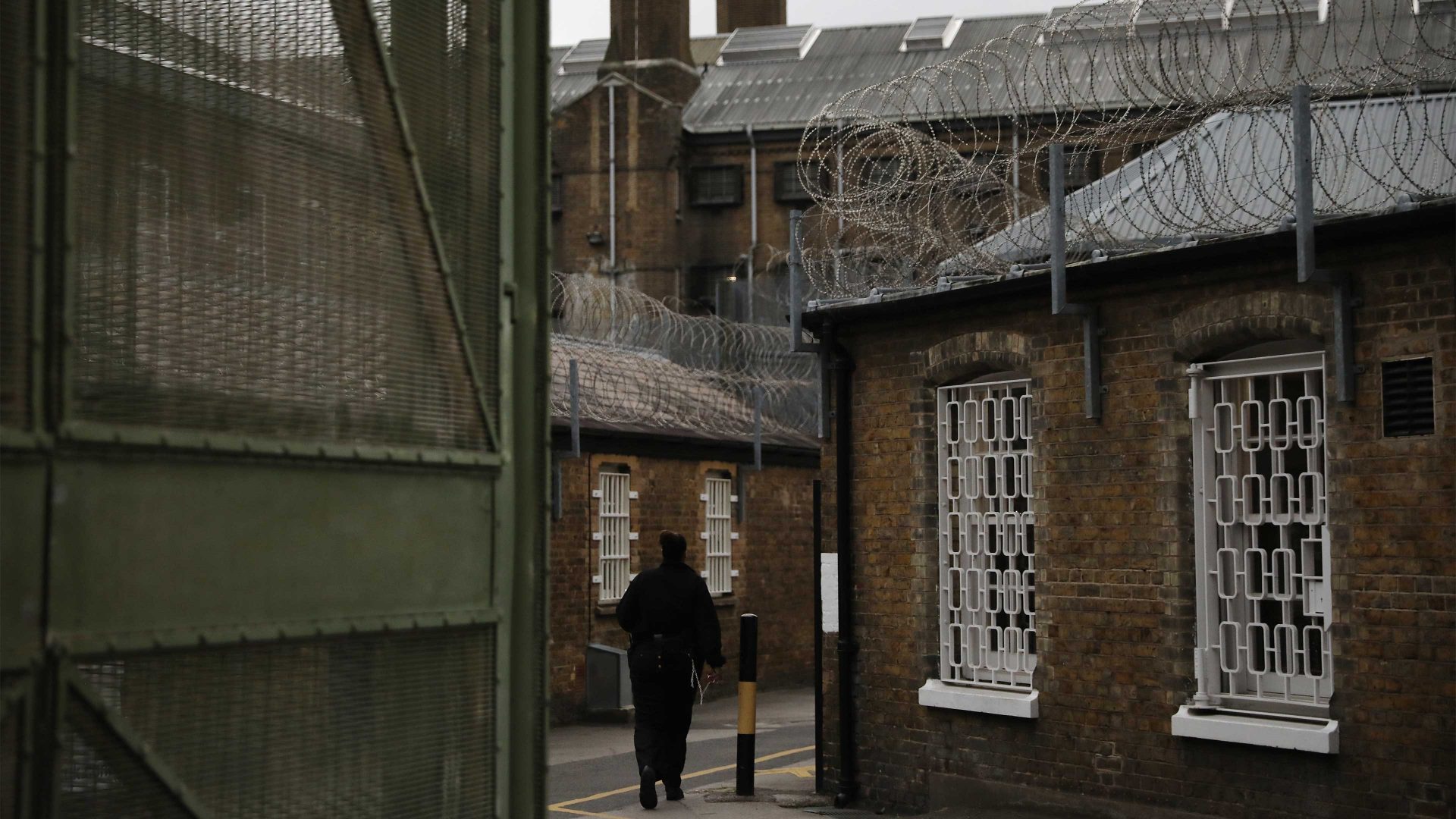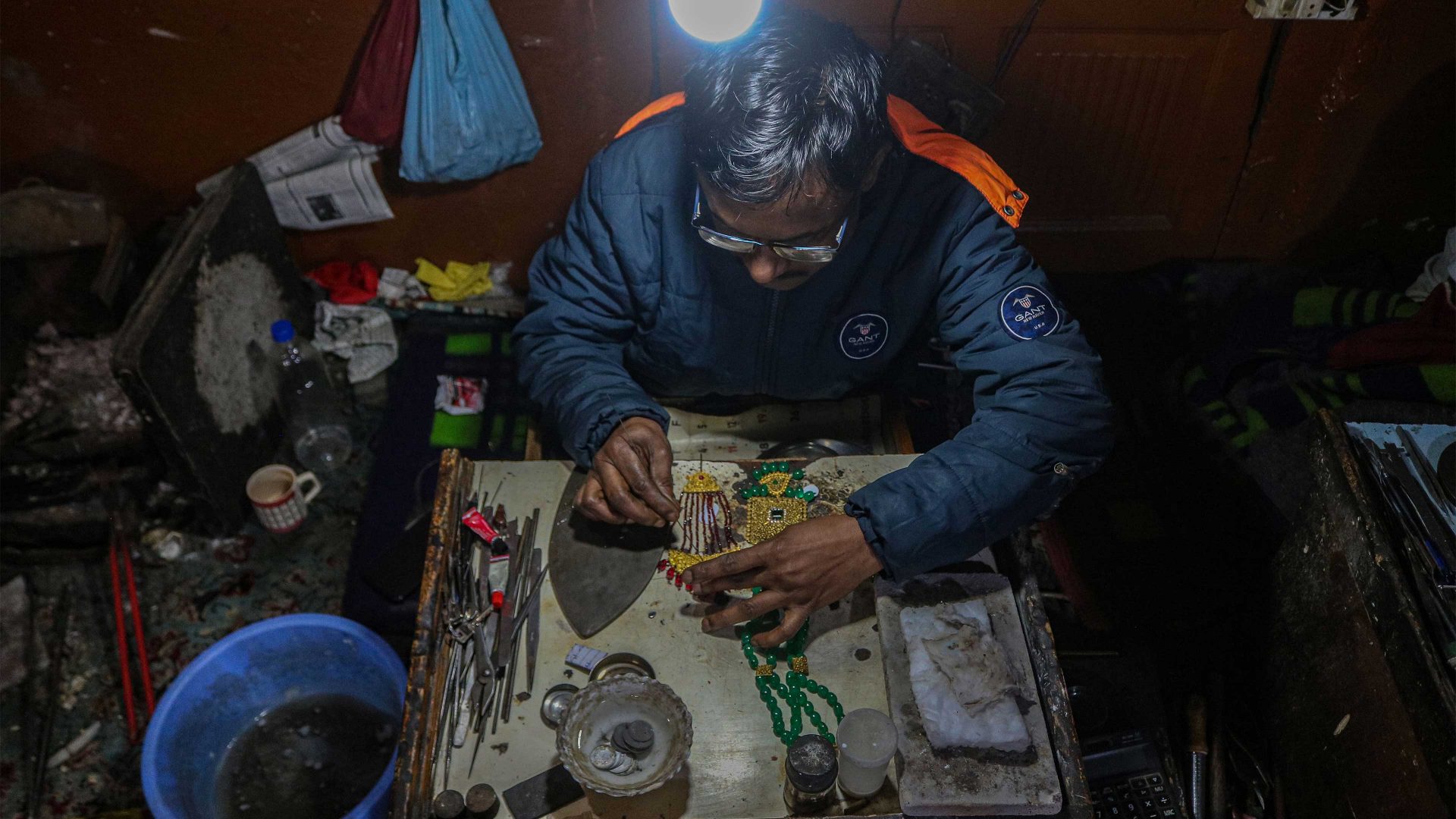The only time I spoke to Sir Brian Leveson, other than when being quizzed by him as part of his inquiry into press ethics in 2011, was a couple of days before the first of my two appearances in his courtroom.
I was on a train south coming back from a football match. My phone rang. Unknown number. I answered.
“Brian Leveson here…” Oh my Lord! Sit up straight, mild panic, this is most unusual… but he quickly put me at ease.
The reason for his call was to tell me that my written statement, which I had been asked to submit in advance in response to a set of questions from the inquiry, had been leaked to a Sunday newspaper. He was furious about it, he said, and wanted me to know he was taking it very seriously.
He did not for one second, he added, suspect me of being responsible for the leak, and he wanted to apologise that it had happened. No problem. I had dealt with worse leaks in my time.
We then chatted for a few minutes, during which I sensed his concern that whatever conclusions he reached once the inquiry was over, David Cameron’s government would not see them through. Knowing that his chairing of the inquiry would take up enormous quantities of his time and intellectual energy, not to mention raise his profile in ways he might not always appreciate, he wondered aloud whether he was wasting his time. I said I hoped not, that his inquiry was a really important opportunity, finally, for the country to face up to, and fix, the damage the dominant figures of our media and its culture had done.
His fear has of course been proven to be justified. Cameron said in advance that, provided Leveson’s proposals were not crazy, they would be implemented. They were not crazy.
However, with first Cameron and then Theresa May coming under pressure from the same people whose misconduct had created the need for the inquiry in the first place, they were not implemented. Indeed the second part of his inquiry, Leveson 2, into corrupt relations between media and police, didn’t even happen. Political expediency trumped national interest. Again.
Keir Starmer gets a battering most of the time from what is in the main a relentlessly negative press, yet shows little sign of wanting to reopen the issue, and so make the retired judge’s work less of the waste of time he may feel it was. But Leveson has more recently embarked on another challenge given to him by the government, now led by Starmer, and I hope that this time they listen to him.
He has been asked to come up with ways to tackle the dreadful backlog of Crown Court cases, with 77,000 people in England and Wales currently awaiting trial. His report frankly called time on a justice system barely fit for purpose. Hence his calls for less serious Crown Court cases to be handled by a judge and two magistrates, rather than judge and jury, and for an increase in the number of sentence reductions for early guilty pleas.
I heard a radio interviewer say to Leveson that the problem was that people would think we were going “soft on crime” if the government agreed to his proposals. No doubt Nigel Farage, whose ridiculous and unworkable proposed ‘crackdown on crime’ involves includes building a stack of new prisons, hiring 30,000 police officers without saying who will pay for them and sending serial killers to El Salvador, would agree.
Leveson rightly pointed out that sentences have been getting longer, both in actual terms and in comparison with other countries. So “soft on crime” is more a tabloid trope and populist slogan, than a description of the real world. But the longer sentences are among the reasons for the crisis in our prisons, a crisis made worse by the volume of remand prisoners among the 77,000 waiting for a trial, whilst victims of crime wait just as long for justice.
We missed a big opportunity to improve our media culture on the back of the report, which made Leveson a lot better known than he probably wanted to be. I really hope we don’t miss the opportunities presented by the real Leveson 2, to rescue a courts system, a probation service, and prisons, which are all pretty much close to collapse.

If you think limiting the right to a jury trial is a step too far, wait till you get into Artificial Intelligence and the courts. Judges in some countries already use AI in a number of ways, for example to help them assess the likelihood, when deciding a sentence, of a defendant reoffending.
But a debate is well under way about whether in some cases AI can do all of the judge’s job. Driverless cars were once unimaginable. What about judgeless courts?
A US friend who had heard me opining about the strains on our criminal justice system sent me a fascinating report published by the University of New Hampshire, which concluded: “The structure of our criminal justice system is ripe for AI integration, and our capitalist society is one that rewards cost efficiency… the replacement of human judges in sentence determination is highly likely under the system we have – this likelihood will grow as technology continues to advance.”
The report concludes by saying this could have “dire consequences.” It doesn’t mean it won’t happen though. The tech bros are the masters now. And judgment by algorithm would be a whole lot cheaper, which cash-strapped governments might find irresistible.
I found myself discussing all this and more with two prisoners in Brixton jail, Akim and Ron, who were interviewing me for National Prison Radio.
NPR is a 24-hour service provided to most of our prisons, with one studio in Brixton and the other in Styal women’s prison in Cheshire.
Akim made the point that there was much more talk of politics among prisoners these days. Gaza. Ukraine. Climate. Trump. A new Labour government. He said it was not unusual for the first conversations of the day, as the men came out of their cells, to be about what was happening in the news.
Suggested Reading


Yes, it’s a genocide
Of course they also talk a fair bit about prisons. They were aware for example that Norway’s prison system is focused much more on rehabilitation than punishment. Akim said the problem with our prisons was that incarceration was more than a punishment… it ruined lives. No phones or cameras allowed so no family photos when the family visited, memories to hold on to. No conjugal visits so lots of marriages breaking up.
I was able to tell him that conjugal rights were not universal in Norway. But some prisoners do indeed have them. And Norway’s reoffending rates are a lot lower than ours. Just saying.
In addition to a lengthy interview for NPR, they sprung a contest on me. You have 15 seconds. The presenter names a category, like planet or cheese or capital city… you have to name one. Then he names another category and you have to name two. Then three. And so on. I was told the current leader got 14 points. I was determined to beat him.
I missed out by two. And why? Because I lost a couple of seconds at the very first category which was so easy it completely threw me. “Politician!” FFS.
My mind went momentarily blank until – presumably because I was in Brixton, where he grew up – I said John Major. I sailed through the rest and was halfway through six dog breeds, on my way to seven kinds of trees, when my time was up.
So prisoner presenter Kane remains champion. However… I will be back.




